"80-90% of cultivation businesses overcomplicate the launch of their production site. Oftentimes, a crop issue is not actually caused by a technical or horticultural issue, like using the wrong kind of fertilizer or lights. Instead, the issue can usually be traced back to a decision made long before any plants were even in the ground," says Ryan Douglas of Ryan Douglas Cultivation. Based on his consultation experience, Douglas has come up with 11 ingredients that make up the perfect recipe for a successful cannabis cultivation start-up. On June 14, he will share the full recipe in his online workshop. "One of the biggest challenges for start-ups is that they often underestimate how expensive it is to build a sophisticated greenhouse or indoor facility. Besides money, there is much more that is very important to consider if you want to be successful."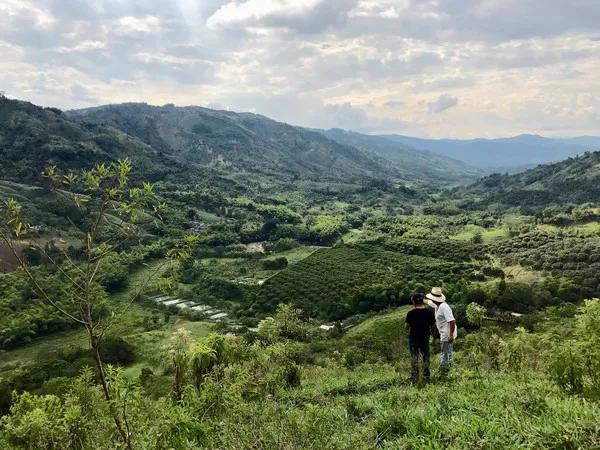
Buying or building your production site?
Some companies are interested in building their greenhouse or indoor facility from scratch. According to Douglas, there are two things to take into consideration: the accessibility of water and the availability of electrical service. "When I consulted in the South American cannabis industry, a lot of companies wanted to set up their production in the middle of a field. However, a greenhouse requires electricity, and the amount of time to bring power out to the countryside is substantial. Moreover, if there is not a well nearby, bringing water to the production facility can be difficult as well. Therefore, when you want to build your facility, it is important to not forget about those essential aspects. It's not just the cost of the build. Logistics are important as well."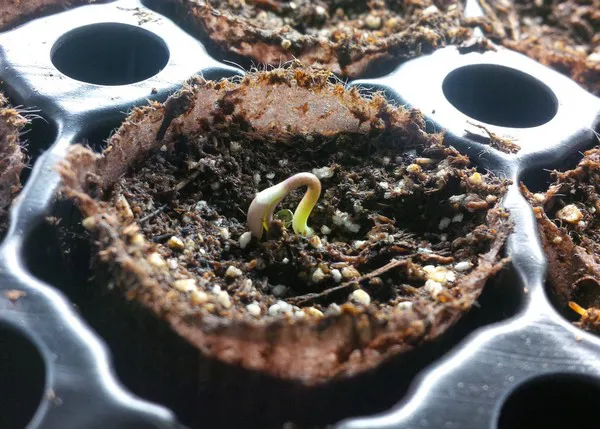
Selecting your genetics
Douglas advises start-ups to acquire genetics in clone form so that the characteristics are already known. "That way, you know how long it takes to flower and what the plants require through their production cycle. If legal and accessible, clones are the best way to go for a start-up, and you want to avoid starting production from seeds. Cannabis genetics are so diverse and unstable that 100 seeds of one variety can end up as 50 different plants in terms of growth habits or active ingredients. When you are launching your start-up, you already have a new facility, a new head grower, and new equipment. If you also throw in all of these seeds that need to be refined, it can really drag out your timeline of coming to market."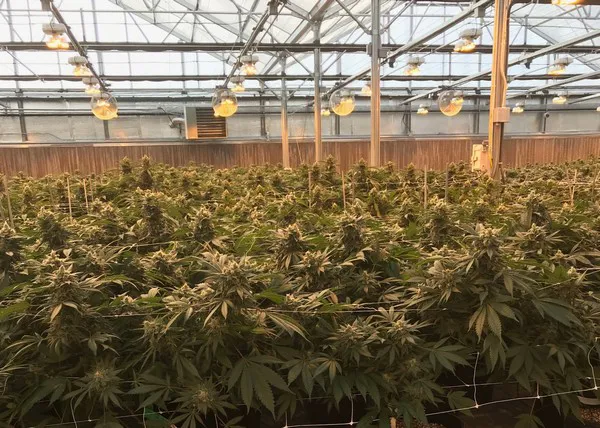
Establishing a lean cultivation team
"With most start-ups, the initial employees wear a lot of hats," explains Douglas. "The day you sow the seeds in a brand new facility, you don't need to be fully staffed. You don't yet need a team of trimmers or someone to run postharvest. But within six months, start-ups should be hiring and filling their needed positions." The first thing to focus on is hiring a competent and professional head grower. "When it comes to hiring, it is important to avoid having too much management above the head grower. For example, I once worked for a company that had three directors of operations above the head grower. As a result, it was impossible for the head grower to actually put his expertise into practice. It's good to start out lean and focus on hiring an experienced, professional head grower."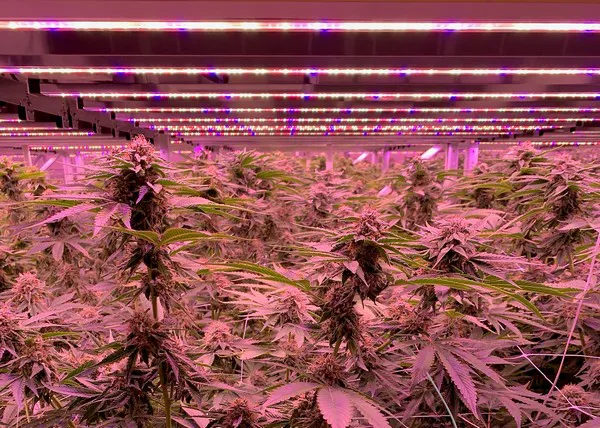
Forecasting realistic production numbers and timelines
Sometimes, part of the frustration of a start-up is due to the production numbers not aligning with the business plan. "The founder is typically active raising money and making a lot of promises to the investors. However, if these numbers are not realistic, you run into disappointments down the line. I would advise that within 18 months of receiving a license, you should have a product for sale on the market, which is a very conservative number. When it comes to yield, I advise expecting a yield of around 35 grams of dried flower per square foot per harvest. Again, that's a very conservative number. However, the idea is that, as the start-up matures by refining their processes and genetics and establishing their dream team, this number will increase rapidly over the years.
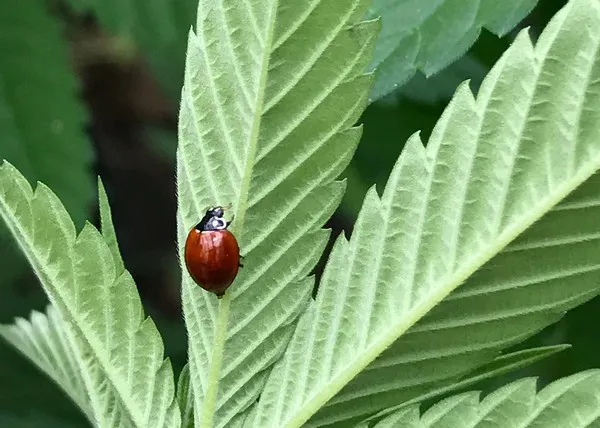
Decreasing your time to market
Building a facility takes a long time, especially today with the supply chain challenges. Once a company gets its license, that's a long time to wait. "You want to start growing and taking advantage of the opportunity to serve the market. Therefore, a great option is to buy grow pods. These are essentially shipping containers retrofitted into mini grow rooms. As soon as these units get delivered to your site, and you have a connection to water and electricity, you can start growing the same day. In the meantime, it is not so concerning that your construction is taking a long time, as you are already utilizing your license and cultivating on a small scale."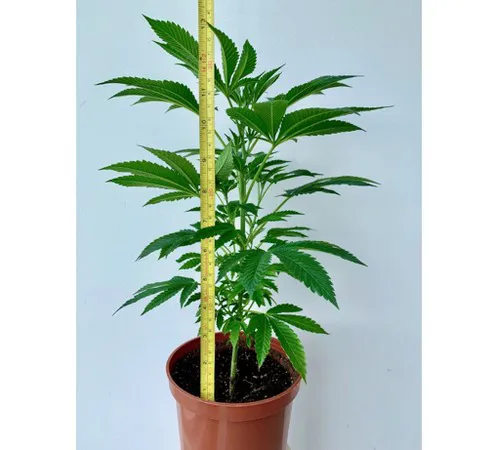
Hiring the appropriate head grower
One reason for start-ups overcomplicating their launch is because of not hiring the appropriate head grower, Douglas explains. "If you don't have the proper commercial cannabis cultivation experience, it might seem pretty simple. As a result, hiring the head grower is sometimes a bit of an afterthought. Companies will raise millions of dollars for their facility, board of directors, and CEO and only think of the grower last minute. It is a mistake to not take the appropriate time to recruit the right head grower. In a cultivation business, this is the one individual with the most influence to determine whether the business succeeds or fails. Hiring the head grower should be treated in the same manner as hiring any upper management position. When it comes to experience, individual cannabis experience is not the same as commercial cultivation experience. The learning curve is too great when the grower is not used to managing a massive facility, a large team, and a production schedule. Therefore, it might be better to hire someone from the ornamental or hydroponic industry, as they do have that commercial experience, and teach them the nuances of cannabis.
Interested in hearing more?
The virtual workshop will be held on June 14, 2022, at 11 AM EST / 3 PM GMT via Zoom. Click here to register. The first 20 people to register will receive a signed copy of Ryan Douglas' book "From Seed to Success: How to Launch a Great Cannabis Cultivation Business in Record Time."
For more information:
Ryan Douglas Cultivation
www.douglascultivation.com
